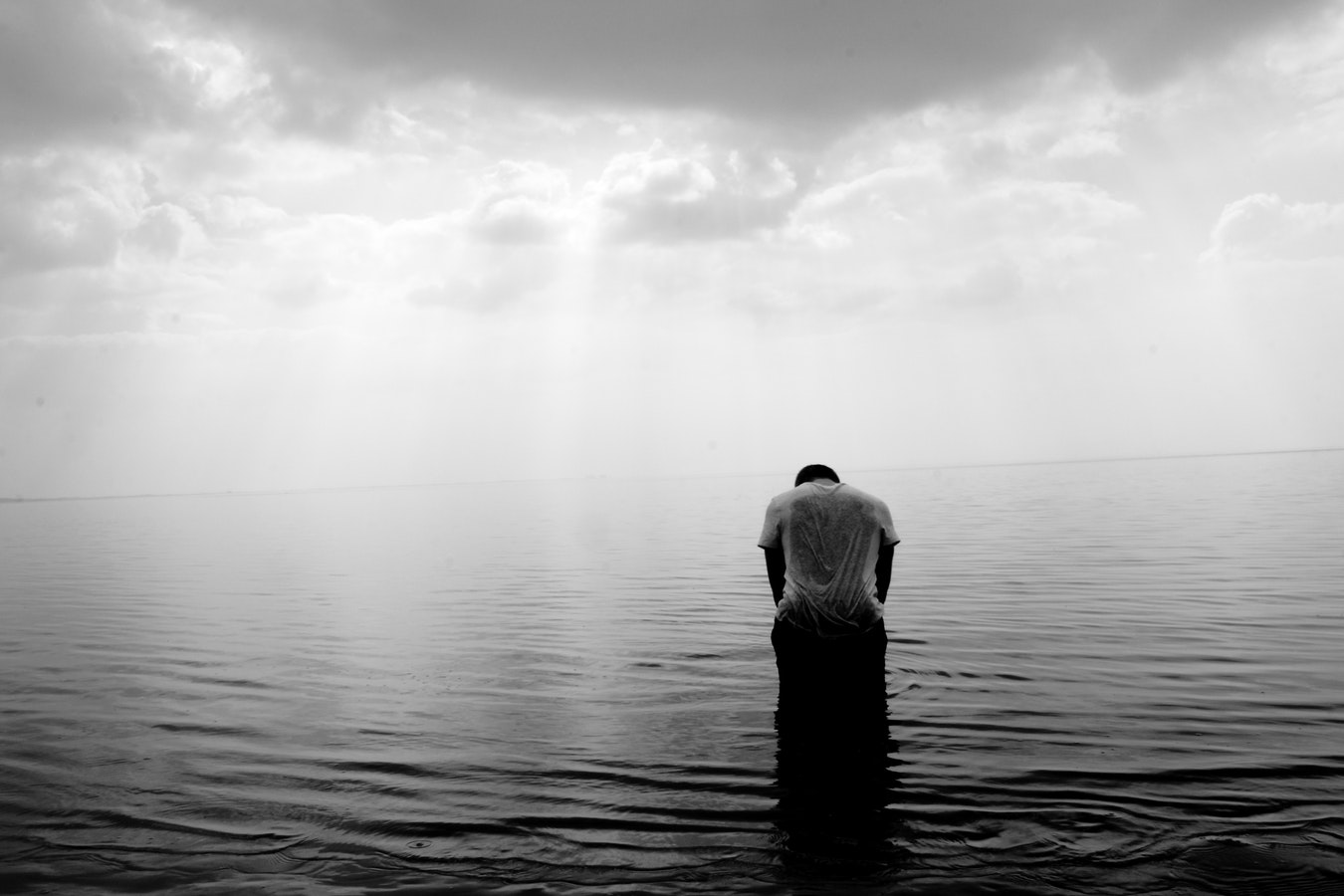Remember Your Baptism

Following in Jesus' footsteps, a church in the U.S. gathered at a river for the baptism of a Mexican-American family. As in some cases in the New Testament, the entire family, all dressed in white, was invited into the water by the pastor and then baptized in the name of the Father, the Son, and the Holy Spirit. After coming up out of the water they were handed their baptismal certificates and returned to the church for a fiesta.
Two men who had observed this baptismal service came into the pastor's office the next day and asked a curious question: "Do you fix papers?" The men had mistaken the baptismal certificates for what is known in the U.S. as a "green card," an official immigration document making people legal citizens.
We might smile at the their misperception, but perhaps we should take a closer look at the idea of baptism and citizenship. We readily recognize the power of baptism as a witness of what God is doing in a person's life.
Being plunged under the water symbolizes the death of the person's old life, while rising out of the water is a sign of the new birth in Christ.
This is symbolic of sins being cleansed and the old life washed away. The baptized are encouraged to give their personal testimonies of God's saving grace.
We also recognize that baptism is a witness of God's grace in the community. For instance, during baby baptisms or dedications the pastor usually invites the congregation to acknowledge responsibility to help raise this child in the knowledge of God. Baptism calls us to work together for the sake of our children, for the sake of the newly baptized, or for the sake of God's kingdom. For all of the significance baptism holds for people and congregations, baptism includes even richer dimensions. Baptism is one of the holy sacraments of the Church, a ritual that is socially both deep and wide.
Baptism is deep in the sense that it ties us to our oldest history and reminds us of some of Christianity's most cherished memories. John baptized Jesus in the Jordan River. This divine baptism connects believers all the way back to God's salvation of the Hebrew people out of slavery in Egypt, through the waters of the Red Sea. Our baptism is a sign that we are grafted onto the vine of God's "chosen race, a royal priesthood, a holy nation, God's own people, in order that you may proclaim the mighty acts of him who called you out of darkness into his marvelous light" (1 Peter 2:9, NRSV; see also Exodus 19:4-6). Baptism is wide in the sense that it ties us to a global body of Christians who are called by one Lord, one Spirit, and one faith to be one Body.
Baptism became one of the early church practices that initiated new converts into a new way of being a group of people. "Once you were not a people, but now you are God's people; once you had not received mercy, but now you have received mercy" (1 Peter 2:10, NRSV). We have received mercy so we might be holy people, a group whose lives together should be a sign of God's kingdom at hand.
As members of Christ's Body, we are no longer to hold on too tightly to the ties that used to bind us. We are like a husband and wife who, because they are bound together, should no longer seek their individual interests at the other's expense. Water is thicker than blood. Ties to our brothers and sisters in Christ should become more important than our ties to people of our own extended family, race, ethnicity, or nationality. Upon baptism, we join a global body and cannot hold too tightly to the places and people of birth.
Our baptism should trump our citizenship in any particular nation. We are a people somewhat alien to the world around us.
As we are baptized we enter, in the words of Donald Kraybill, an "upside-down Kingdom" where the poor are blessed, the captives are released, the blind receive sight, the oppressed go free, and where we begin to live in the "year of Jubilee" (Luke 4:16). As resident aliens in this world, we should be particularly sensitive to what is happening to the sojourners and strangers in our midst. Around the world-including many of the neighborhoods where we have churches-violence is increasing against foreign migrants. Consider the violence in France against West African immigrants.
Lower-income immigrants from Turkey and the Middle East are facing challenges in Germany. The violence against immigrants in South Africa has been well-publicized, especially that directed at Zimbabwean immigrants fleeing the deteriorating conditions in their country. In the Mexican state of Chiapas, significant violence and discrimination have impeded migrants seeking a better life from Guatemala, Honduras, and further south. I guess living in the San Diego-Tijuana metropolitan area, a border town between Mexico and the U. S., makes me more aware of how often our citizenship trumps our baptism.
Perhaps those two men who observed the Mexican family being baptized in the river were more perceptive than we realized. Imagine a world in which we would remember our baptism as a calling to be a people who live a more hopeful reality than that confined by the borders around us.
Our hope lies in the fact that God has already made this possible. God was in Christ reconciling the world, not counting our trespasses against us, and calling us to a ministry of reconciliation.
Jamie Gates is director of the Center for Justice and Reconciliation at Point Loma Nazarene University in San Diego.
Holiness Today Nov/Dec 2008
Please note: This article was originally published in 2008. All facts, figures, and titles were accurate to the best of our knowledge at that time but may have since changed.




